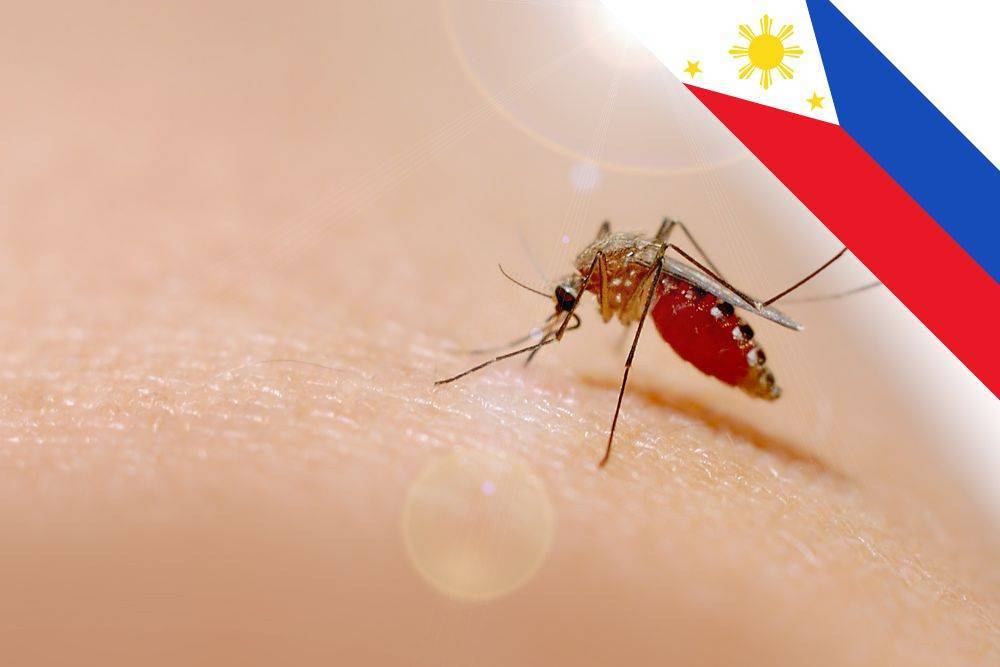The Department of Health-Center for Health Development in Bicol (DOH-CHD-5) has issued a call for vigilance and action.
This is due to a significant increase in dengue cases across the region. The agency reported a 40-percent rise in dengue infections compared to the same period last year. This prompted renewed efforts to combat the spread of the disease through the “4S” strategy.
Alarming Increase in Dengue Cases
According to a report released by DOH-CHD-5 on Monday, the Bicol region logged 715 dengue cases from January 1 to July 13, 2024. This figure marks a substantial increase from the 512 cases recorded during the same period in 2023. The surge in cases is particularly concerning as it coincides with the onset of the rainy season. This drives the proliferation of breeding sites for dengue-carrying mosquitoes.
Dengue, a mosquito-borne viral infection, remains a significant public health threat in the Philippines. It is most prominent during the rainy season when standing water provides breeding grounds for the Aedes aegypti mosquito, the primary vector of the disease. The sudden rise in cases in Bicol has raised alarm bells among health authorities. They are now intensifying their efforts to prevent a larger outbreak.
The “4S” Strategy: A Proactive Approach
In response to the increase in dengue cases, DOH-CHD-5 is strongly advocating for the public to adopt the “4S” strategy. This is a comprehensive approach to dengue prevention and control. The “4S” strategy consists of the following key components:
Search and Destroy: This involves identifying and eliminating mosquito breeding grounds, particularly those with stagnant water. Containers that collect water, such as tyres, plant pots, and open drains, should be emptied, cleaned, or covered to prevent mosquitoes from laying eggs.
Self-Protection Measures: Individuals are encouraged to protect themselves from mosquito bites by using insect repellent and wearing long-sleeved shirts and trousers. This should be done especially in the early morning and late afternoon, when mosquitoes are most active.
Seek Early Consultation: Symptoms of dengue include high fever, severe headache, pain behind the eyes, muscle and joint pain, and rash. Those who experience these are urged to seek immediate medical attention. Early diagnosis and treatment are critical in preventing severe complications.
Support Fogging and Spraying: In areas where there is a significant increase in dengue cases, the community is encouraged to support fogging or spraying activities. These measures help reduce the adult mosquito population, particularly in hotspots or outbreak areas.
Distribution of Dengue Cases Across Bicol
The DOH-CHD-5 report also provided a detailed breakdown of dengue cases across the six provinces of Bicol, highlighting areas of particular concern. Camarines Sur recorded the highest number of cases, with 248 reported infections. Camarines Norte followed with 170 cases, while Catanduanes logged 121 cases. Albay, Sorsogon, and Masbate reported 67, 62, and 43 cases, respectively. An additional four cases were diagnosed in Bicol but originated from other provinces.
In light of the escalating situation, DOH-CHD-5 is calling for strengthened stakeholder engagement and community participation in the Dengue Prevention and Control Programme. The agency emphasised that combating dengue requires a collective effort, with communities playing a crucial role in implementing preventive measures.
Conclusion
The 40-percent increase in dengue cases in Bicol serves as a stark reminder of the ongoing threat posed by this mosquito-borne disease. As the region grapples with this surge, the “4S” strategy offers a practical and effective approach to preventing further infections. The public can play a pivotal role in controlling the spread of dengue. They can do this by searching for and destroying mosquito breeding sites, practising self-protection, seeking early medical consultation, and supporting fogging and spraying efforts.
With the rainy season likely to continue providing favourable conditions for mosquito breeding, it is imperative that the public remain vigilant and proactive in their efforts to combat dengue. Only through collective effort and adherence to preventive measures can the region hope to mitigate the impact of this potentially deadly disease.
Have a pressing question for a doctor? Medical Channel Asia has launched a community forum page where you can get questions answered by a medical specialist. Visit the community forum here.

